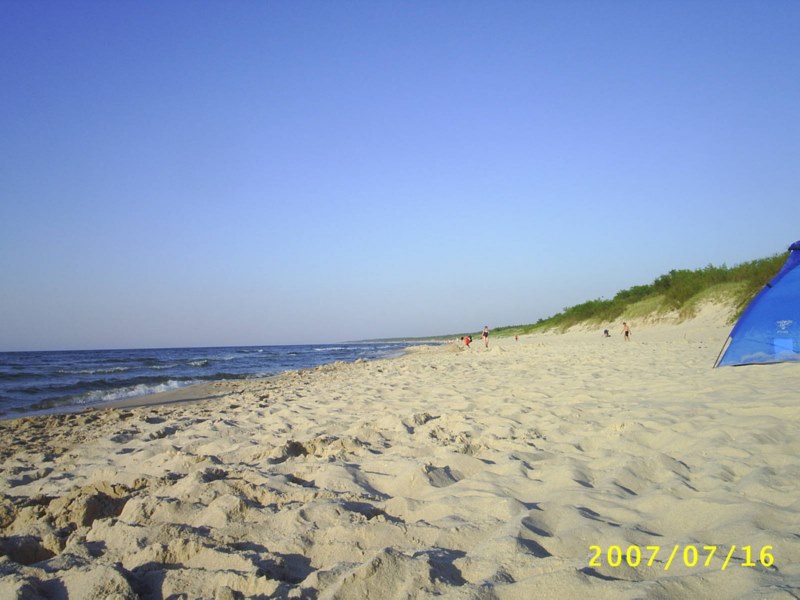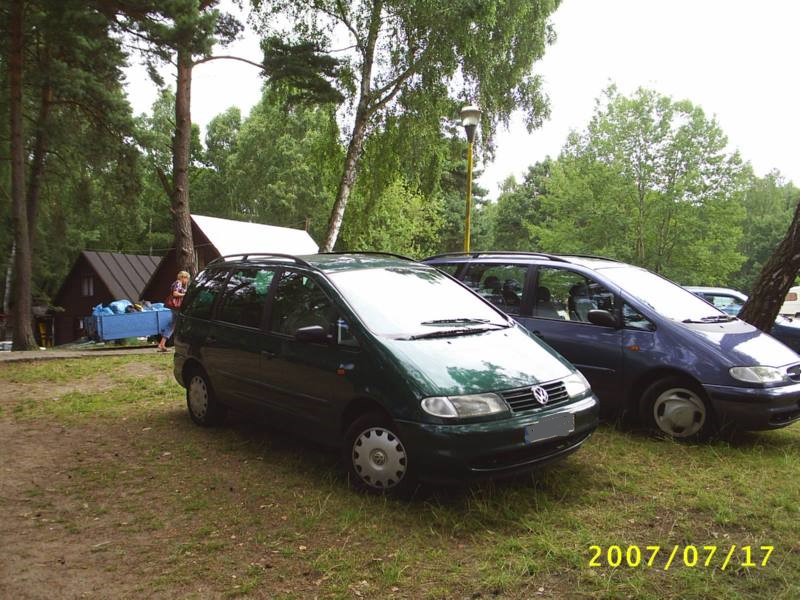pawian
23 Jun 2024
Study / Various education and school issues in Poland. Opinions, stories, controversies. [1006]
Nice suggestion but too idealistic coz I already see problems with measuring the merits as you can`t set distinct criteria in such an initiative. Arguments who did what and of what value are unavoidable.
While the case of a stripe for exemplary grades is simple - having 4.75 entitles you to a distinction.
stripes for the most community spirited, kindest, most helpful and thoughtful to others, in short students who by their attitude towards their peers and their environment
Nice suggestion but too idealistic coz I already see problems with measuring the merits as you can`t set distinct criteria in such an initiative. Arguments who did what and of what value are unavoidable.
While the case of a stripe for exemplary grades is simple - having 4.75 entitles you to a distinction.






